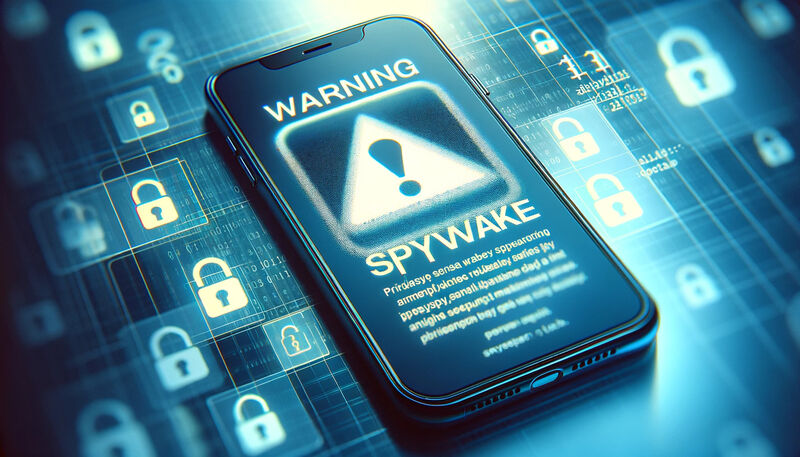Apple's iPhone Spyware Issue: A Growing Global Concern

In recent developments, Apple has alerted iPhone users across 92 countries about potential spyware attacks, highlighting a significant rise in digital threats. This article explores the implications of these warnings, the nature of the spyware, and measures users can take to safeguard their devices.
Background: The Spyware Notifications
In April 2024, Apple issued an alarming notification to iPhone users worldwide. The message indicated a potential "mercenary spyware attack" aimed at compromising devices linked to Apple IDs. This move by Apple reflects a growing concern over digital security as spyware attacks become more frequent and sophisticated.
The Nature of the Threat
Research suggests that the spyware, inaccurately associated with the "LightSpy" campaign by some, targets users with precision, exploiting vulnerabilities in iOS. Initially observed during the Hong Kong protests in 2020, the spyware's capabilities have significantly evolved, now enabling attackers to extract extensive personal data from infected devices.
Global Impact
Apple’s notifications have not only affected individual users but have also stirred concerns among various stakeholders worldwide. The alert has been particularly prevalent in India and Europe, indicating a broad and indiscriminate targeting pattern.
Industry Response
Experts in cybersecurity and former giants like Blackberry, now a security firm, have conducted research to understand the spyware’s mechanisms and origins. However, Apple disputes some findings, maintaining that the recent notifications are unrelated to known campaigns like LightSpy.
Government and Legal Repercussions
The widespread nature of these spyware attacks has caught the attention of regulatory bodies and may prompt legislative actions to enhance digital security and privacy protections. This scenario echoes past incidents where companies were compelled to bolster user protections against digital threats.
Consumer Reaction
The spyware notifications have led to mixed reactions among the global iPhone user base. While some appreciate Apple's proactive stance in alerting them, others express frustration and fear over the potential compromise of their personal information.
Expert Opinions
Cybersecurity experts underline the complexity and stealthiness of modern spyware attacks. Unlike traditional malware, which often requires user interaction, recent spyware can install itself without user engagement, making it exceedingly difficult to detect and prevent.
Protective Measures
To counter these threats, Apple has recommended several steps:
- Regular software updates to patch known vulnerabilities.
- Enabling features like Lockdown Mode to minimize openings for spyware attacks.
- Vigilance against suspicious links and messages, which remain common vectors for digital attacks.
Looking Ahead: The Road to Safer Digital Environments
As spyware threats evolve, so too must consumer awareness and institutional defenses. Apple’s ongoing efforts to secure its devices are part of a broader industry challenge of balancing functionality with security. The future of digital privacy and safety will likely see enhanced defensive technologies emerging in response to increasingly sophisticated cyber threats.
Conclusion
Apple’s proactive measures reflect an urgent need for heightened security in our increasingly connected world. As stakeholders from various sectors rally to protect digital privacy, users must stay informed and cautious, recognizing that the digital age brings not only convenience but also new risks.

